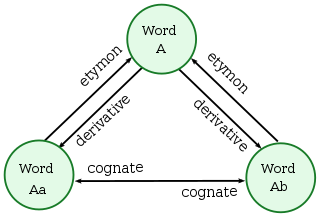This article needs additional citations for verification .(January 2014) |
This article should specify the language of its non-English content, using {{ lang }}, {{ transliteration }} for transliterated languages, and {{ IPA }} for phonetic transcriptions, with an appropriate ISO 639 code. Wikipedia's multilingual support templates may also be used.(June 2024) |
This is a list of English words borrowed or derived from Portuguese (or Galician-Portuguese). The list also includes words derived from other languages via Portuguese during and after the Age of Discovery. In other Romance language their imports from Portuguese are often, in a creative shorthand, called lusitanianisms a word which has fallen out of use in English linguistics as etymologists stress that few additions to any non-Iberian Peninsula languages date to the era when the Lusitanian language was spoken. Loan-words and derivations predominantly date to the Age of Discovery when the Portuguese spoken at sea was, according to many accounts, the most widely understood tongue (lingua franca) of the Indian and Atlantic Oceans.

